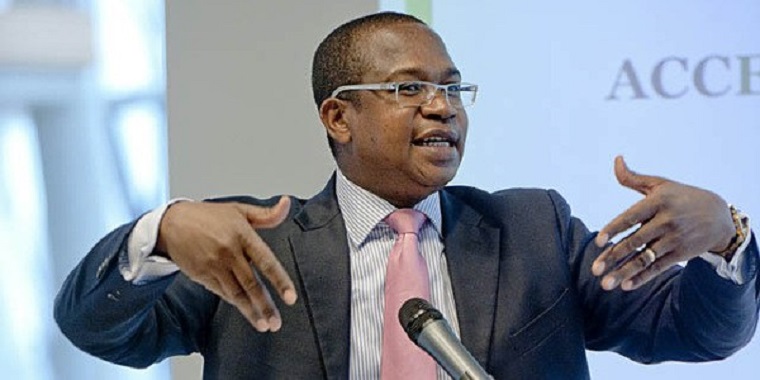The budgetary framework should also be anchored on policy-based budgeting, where the budget is prepared with due regard to government policy and service delivery objectives.
This also underpins a “value for money” objective, where policy achievements are weighed against the financial resources deployed, seeking to achieve efficiency and high impact. There should also be predictability and control in budget execution.
This implies implementing the budget in an orderly and predictable manner. It also implies the appropriate exercise of control and stewardship in the use of public funds. The budgetary framework also entails effective accounting, recording and reporting.
Therefore, adequate records and information are to be produced, maintained and disseminated to meet decision-making control, management and reporting purposes.
Finally, the budgetary framework should be seen to be subjected to external scrutiny by the relevant legislative committees, the public, and credit rating agencies, and key creditors.
Key IFIs are important, especially if the Zimbabwe needs external budget support from bilateral donors, IFIs and others.
To support the budgetary framework and performance, it is critical to invest in systems that are ICT enabled.
Here, Estonia is a good example in e-government that is worth emulating. Blockchain technology promises to be a good platform for developing systems with integrity and transparency and ought to be considered.
Blockchain technology is a “trust machine”. Rwanda has begun delivering health medicines and blood samples by drone in remote areas as part of the architecture of effective service delivery.
Given the wide mobile telephone coverage in Zimbabwe, drone systems working off the mobile telecommunication system could be developed for accessing remote rural areas.
Zimstats should start collecting data from Zimbabweans by mobile phone instead of physical visits to households.
When I was vice president and Chief Economist of the Africa Development Bank, I implemented such programmes successfully in Tunisia and DRC. In short, technology is a friend of effective government systems and service delivery.
Continued next page
(3509 VIEWS)


